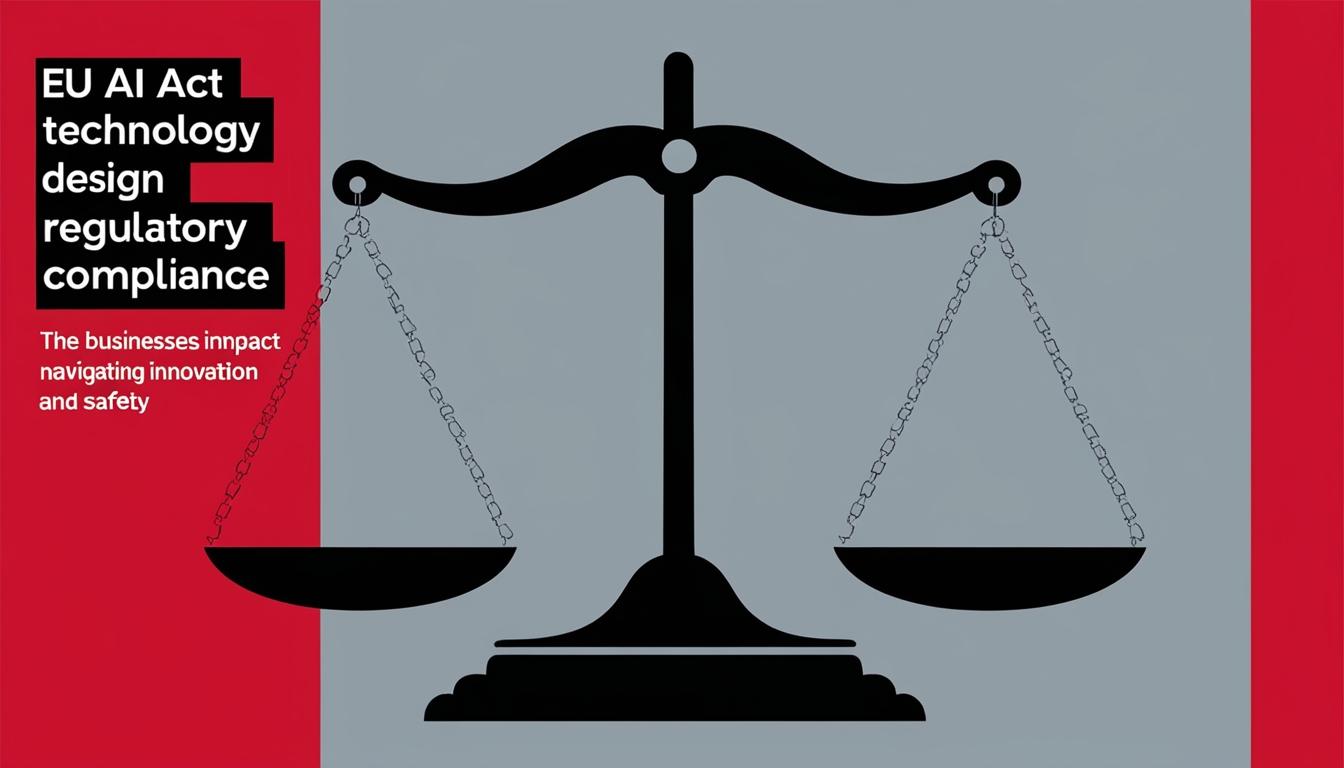The recent passage of the EU AI Act, heralded as the world's first significant regulatory framework for artificial intelligence, is now influencing how businesses approach AI integration. The Act aims to ensure that all AI systems operating within the European Union are safe, trustworthy, and innovative. However, many organisations may find themselves ill-prepared for the regulatory adjustments this law entails, particularly as the enthusiasm for AI adoption accelerates without a well-defined strategy.
A significant portion of the business sector is currently utilising off-the-shelf AI solutions, with nearly half of companies opting for these pre-packaged offerings due to their expediency and lower costs. While these solutions allow for rapid deployment, they may inadvertently expose businesses to regulatory risks as guidelines around AI usage evolve. Kasia Borowska, Managing Director and Co-Founder of Brainpool AI, highlighted this concern, remarking in the European Business Magazine that businesses which focus solely on immediate outcomes risk becoming entangled in a complex regulatory environment.
To mitigate these risks, Borowska advocates for an agnostic approach to AI implementation. This methodology empowers organisations to tailor their AI systems to specific needs rather than relying on a uniform solution that may not fit their individual circumstances. Agnostic AI, as described by Borowska, enhances data governance, facilitates compliance with the EU AI Act, and allows for the integration of risk management and human oversight—crucial aspects required for adhering to the new regulations.
Moreover, the EU AI Act compels businesses to classify their AI applications according to the levels of risk they pose. An agnostic approach enables organisations to avoid being confined to a single vendor’s framework, thus granting them the flexibility to adapt their systems proactively as regulatory and technological landscapes change. This adaptability, in turn, can enhance the accuracy and efficiency of AI solutions, addressing the standards outlined in the Act concerning the need for high-quality, bias-free data.
The growing hysteria around AI adoption—termed "AI FOMO" (fear of missing out)—has contributed to a rushed deployment of AI technologies. Many organisations, driven by the desire to quickly tap into the advantages of AI, risk making ill-informed decisions that can lead to inefficiencies, increased operational costs, and challenges with regulatory compliance. Off-the-shelf solutions require businesses to transfer all their data to external vendors, a process that can be both costly and time-consuming, especially when scaling applications.
Furthermore, these solutions can pose risks to a company's intellectual property. Businesses that opt for off-the-shelf applications often relinquish ownership of their IP, a decision that may seem minor amid the urgency of implementing AI but could yield significant long-term consequences in the competitive AI landscape. The rapid evolution of AI technologies necessitates ongoing development; therefore, retaining control and ownership of data and context is paramount.
As Borowska emphasised, the approach to AI needs to be bespoke rather than one-size-fits-all. Each organisation's unique operational nuances must inform their AI strategies. Imposing a generic solution could hinder the technology's effectiveness and erode employee trust, ultimately failing to enhance productivity as intended.
In summary, the advent of the EU AI Act presents both a challenge and an opportunity for businesses. By prioritising an agnostic approach over short-term solutions, companies can not only adhere to emerging regulations but also realise the full potential of AI. This strategy allows for sustained innovation and growth while navigating an evolving landscape marked by stringent compliance requirements. As organisations continue to embrace AI, the journey should be characterised by thoughtful, long-term planning rather than swift, reactive measures.
Source: Noah Wire Services
